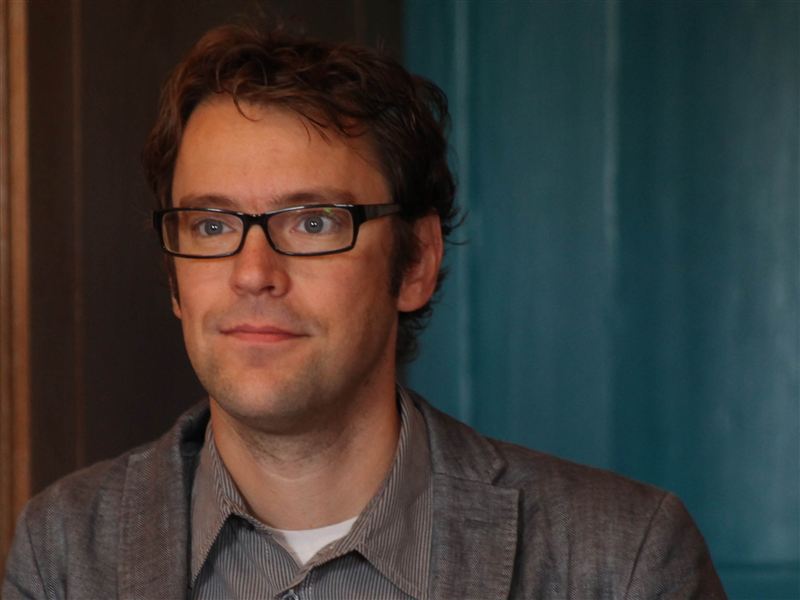More evidence on education and inequality
 25 feb 2009, kl 13:43
25 feb 2009, kl 13:43 Anders Björklund, Markus Jäntti, Matthew Lindquist
Forthcoming in Journal of Public Economics
We have found that family background was more important for the incomes of Swedish
men born in the 1930s and 1940s than for those born during the 1950s and have been reasonably
stable since then for cohorts born through 1968. Our estimated brother correlations in total factor
income fell from 0.49 for men born in the early 1930s to 0.32 for men born some 15 years later.
During the subsequent 15 years, the estimated brother correlations are quite stable but reveal a
slight increase. Our conclusion that there is a substantial decline in the importance of family
background is robust to a number of sensitivity tests.
In order to explore the mechanisms driving this decline, we introduced schooling into the
analysis. While we found some suggestive evidence that schooling, or something related to it,
can account for much of the decline, we could refer the decline to changes in neither the return
to schooling nor the brother correlation in years of schooling.One candidate explanation is the compulsory school reform that was gradually
introduced from around 1945 to 1955 and that increased the length of compulsory schooling and
delayed tracking. Meghir and Palme (2005) show that this reform had intergenerational effects,
and the same applies to results by Pekkarinen et al. (2006) for a similar reform in Finland, and
Black et al. (2005) for Norway.
